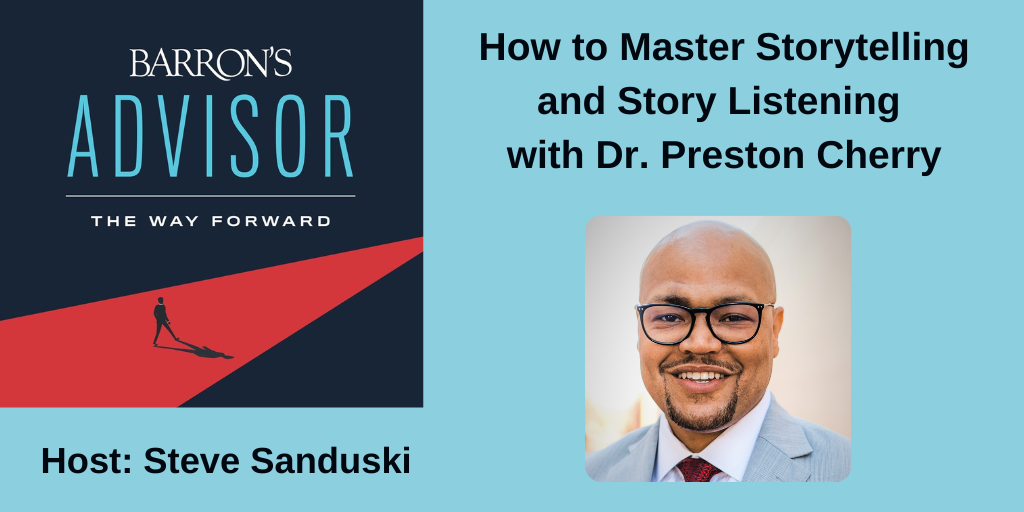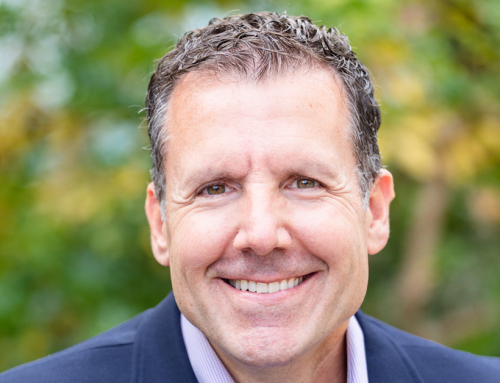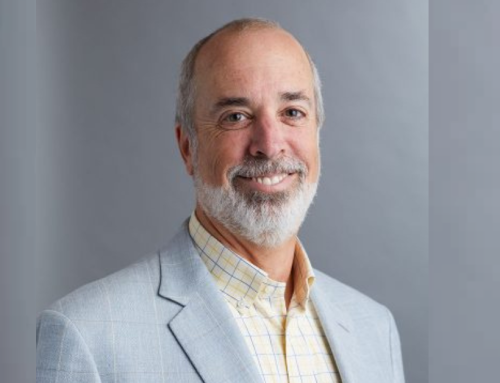In a Nutshell: How well do you really know your clients? Not just their kids’ names, their hobbies, and whether they like red or white wine. I’m talking about how well do you know what makes them tick? Do you understand what’s driving them to react the way they do when the markets are soaring or tanking? Do you know what and who is influencing their financial decision-making? Do you know the stories living in their head that are holding them back from living a more fulfilled life?
To fill in those blanks, it’s critical to spend more time on getting your clients’ stories. Understanding your clients’ experiences around money — and sharing your own — creates an ongoing dialogue that will strengthen your working relationship and help you coach your client towards more positive financial outcomes.
Guest: Dr. Preston Cherry, the Founder & President of Concurrent Financial Planning, Head of the Financial Planning Program, and Director of the Charles Schwab Center for Personal Financial Planning at the University of Wisconsin – Green Bay. At Concurrent Financial Planning, he specializes in empowering households and business owners with a trusted place where they can be candid and comfortable sharing their stories and aspirations about their life and money.
My Key Takeaways:
- People want to be heard. Sharing stories can connect us, make us feel valued, and open us up to new perspectives.
- Sequence matters. If you start a difficult conversation with facts and figures, you’re likely just starting an argument. If you lead with storytelling and empathy, you’ll break down the barriers between your client and better decisions.
- Build your own story bank. Write down or record some of your most resonant money memories. When you’re prepping for a presentation or a meeting with a client, you’ll have a relevant anecdote to share at your fingertips.
Also Learn:
- Some powerful money stories that Dr. Cherry has shared with his clients, prospects, and students.
- The biochemical science behind storytelling, memories, relationship-building, and decision-making.
- An example of the sequencing that Dr. Cherry will use to guide a client through their fears and potential objections to financial advice.
- Why advisors need to have a “My Why” story in their bank.
- Motivational interviewing techniques that will help draw out more of your clients’ stories.
- How Dr. Cherry is training the next generation of advisors at UW-Green Bay.
Complementary podcast: Annette Simmons, author of The Story Factor, discusses how stories create real human connections that can help us deepen our conversations — and our services — beyond rote money management. Listen/read here.
Resources Featured In This Episode
Dr. Preston Cherry on:





